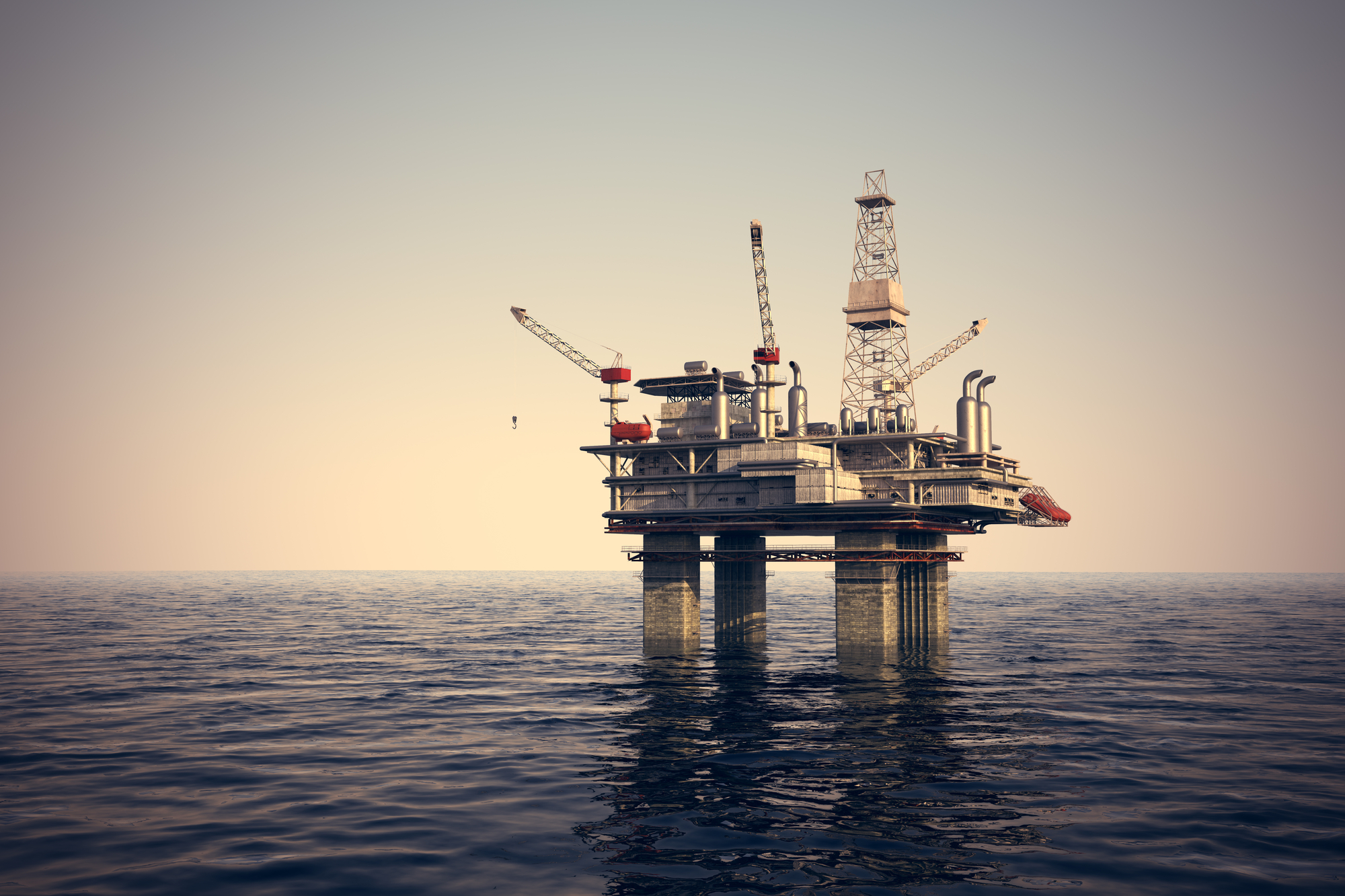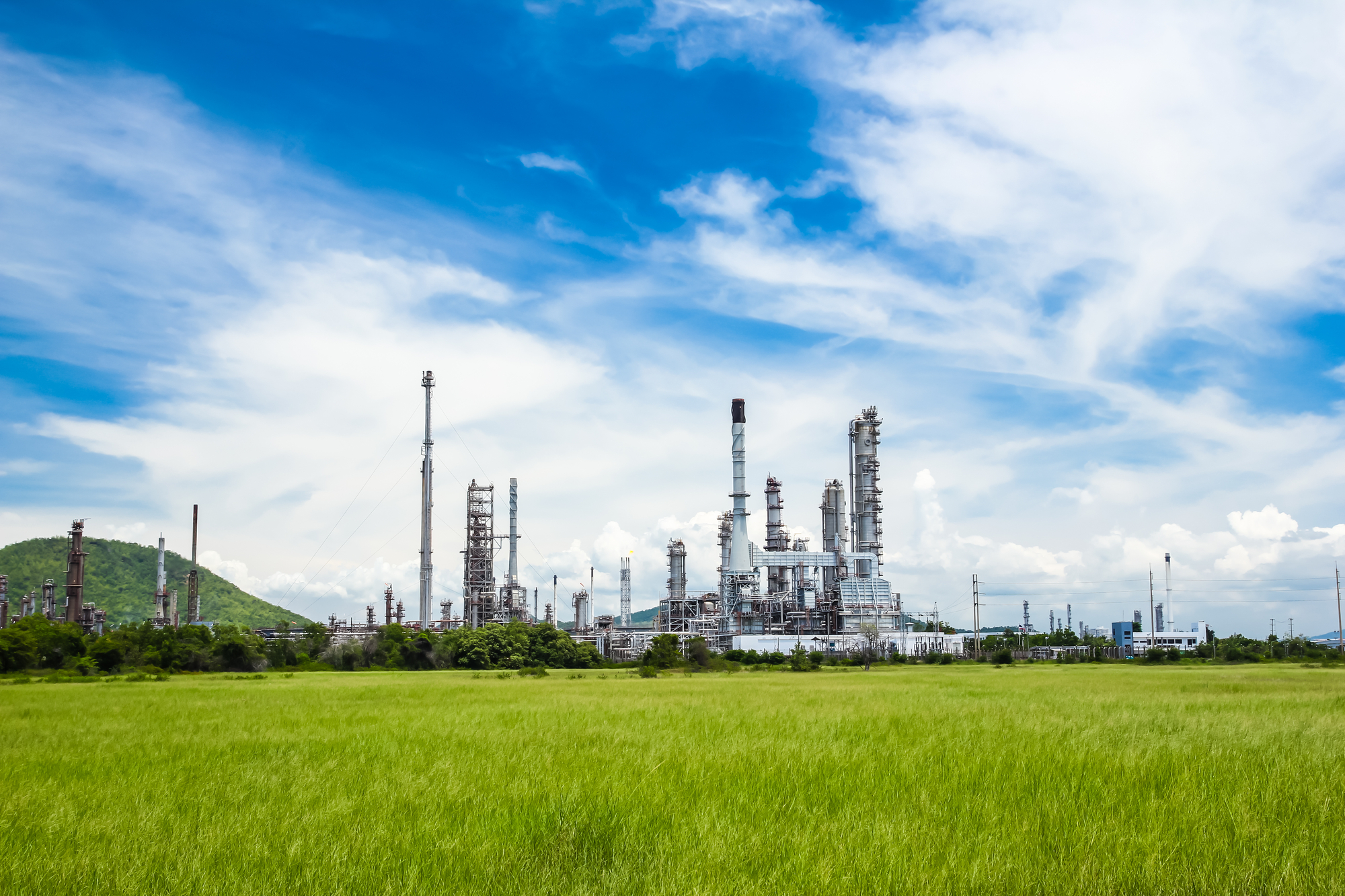Murban Crude Oil of Abu Dhabi: Its History, Price and Production
Abu Dhabi has several small oil fields that produce light crude oils known as “Murban”, Arabic for sugarcane. It is typically a secondary or tertiary crude oil with low viscosity, high sulfur, and low nitrogen content. In the case of Abu Dhabi, however, the nitrogen levels are very high in some areas, which makes it difficult to refine into gasoline.
This article will discuss Murban Crude Oil History, location, price, and production.
History of Abu Dhabi’s Murban Crude Oil
Abu Dhabi has been producing crude oil for over 80 years now. The country’s first oil well was drilled in 1939 in Abu Dhabi, where the emirate was named after. Since then, the emirate has been pumping out crude oil from its onshore and offshore fields to feed the world with its energy needs.
Along the way, Abu Dhabi’s Murban crude has also changed significantly based on its sources as well as the specific areas of production. Early in its oil production milestones, Abu Dhabi focused on its “Mahra” light crude oil sourced from its onshore fields.
This oil was ideal for the refineries of the time as it was easy to refine and relatively cheap to produce. As such, it became essential for the emirate’s economy as its oil production grew exponentially. It was so important that the emirate even began exporting this light crude oil to other Gulf Cooperation Council (GCC) countries like Kuwait, Bahrain, and Saudi Arabia through the Arabian Oil Company (AOC).
Location of Murban Crude Oil
Over the years, Abu Dhabi’s location has brought its oil fields closer to the world’s energy demand markets. This, in turn, made it easier for its oil companies to find new customers and move their crude oil to various global markets.
Its offshore fields are among the main production areas for Abu Dhabi’s Murban crude. These include the Upper Zakum, Lower Zakum, and Upper Yalah fields located in the Central Offshore Basin (CAB). Furthermore, the CAB has other areas producing other crude oil types. These include heavy crude oil sourced from the Upper and Lower Fars fields.
Price of Murban Crude Oil
Due to the complex nature of Abu Dhabi’s Murban crude oil, it is priced at a discount below other types of crude oils, which makes it ideal for some refineries that are not equipped to handle other crude oils.
Abu Dhabi’s oil refineries have been optimised to handle this crude oil for many years. As such, they have lower operational costs and high flexibility to process different grades of oils as well. This makes them attractive to many refineries looking to diversify their sources of crude oils.
Price reporting agencies assess and publish the price of Murban crude oil daily, and also its differentials to Dubai Index.
It is typically assessed in the Singapore trading market and differentials to ADMOC’s official selling price (OSP) are also published.
Production of Abu Dhabi’s Murban Crude Oil
Abu Dhabi’s crude oil production has declined slowly over the years. This is especially the case for its oil fields that produce light crude oils such as the “Mahra”, “Umm Ghaluf”, and “Abu Bargh” light crude oils.
Abu Dhabi is looking to add production from its Upper Fars heavy crude oil fields, but its production is yet to meet the same levels of its lighter crude oils. This is mainly due to the complexity of refining heavy crude oils and the infrastructure needed for its transportation, such as a port that can accommodate large vessels.
Transportation and In-depth Guide to Abu Dhabi’s Murban Crude Oil
As we saw earlier, Abu Dhabi’s location has made it easier for the emirate to export its crude oils to the global energy demand markets.
Light crude oils are mainly transported through pipelines from onshore oil fields to a central processing facility in the emirate’s Western Region. They are loaded onto vessels with a nominal capacity of 2 million barrels per day.
Heavy crude oils are mainly transported through pipelines to the Central Offshore Basin, where they are loaded onto vessels at the port of Khalifa. These vessels are then destined for several Asian refineries, such as China, South Korea, and India, where the refined products are shipped to the rest of the world.
Owners and Operators of Murban Crude Oil
A combination of state-owned and private oil companies collectively owns Abu Dhabi’s oil production. The State Oil Company of Abu Dhabi (ADNOC) is the leading state-owned oil company, while Abu Dhabi Marine Oil Company (ADMO) is owned by the emirate’s ruling family.
Private oil companies include the Abu Dhabi Company for Oil and Natural Gas (ADCO) and Abu Dhabi Gas Industries (GASCO).
Furthermore, Abu Dhabi Company for Oil and Natural Gas is one of the primary producers of the emirate’s crude oil. Finally, the Abu Dhabi Gas Industries is one of the companies that own export rights.
Murban Crude Oil Spec
Murban is a light crude oil with an API value of 35.8 and is refined into gasoline, diesel, and jet fuel. It is also used as a feedstock for the production of petrochemicals. Murban crude oil is of high quality and in high demand by refineries worldwide.
Final words:
It is essential not to be confused with “Murrey”, a more complex crude oil with higher viscosity, sulfur, and nitrogen content.
Murban crude oil is known for being low in sulfur content and containing low nitrogen levels, which makes it ideal for processing into products like gasoline and diesel fuels.
Abu Dhabi’s oil production has been declining over the years and is forecast to continue falling, mainly because its younger fields are being tapped out as older fields become depleted. On the other hand, its offshore fields are holding up well as they are still producing.
Abu Dhabi will have to start looking towards alternative methods of producing crude oils to maintain its strength in the global crude oil trading markets.






0 Comments